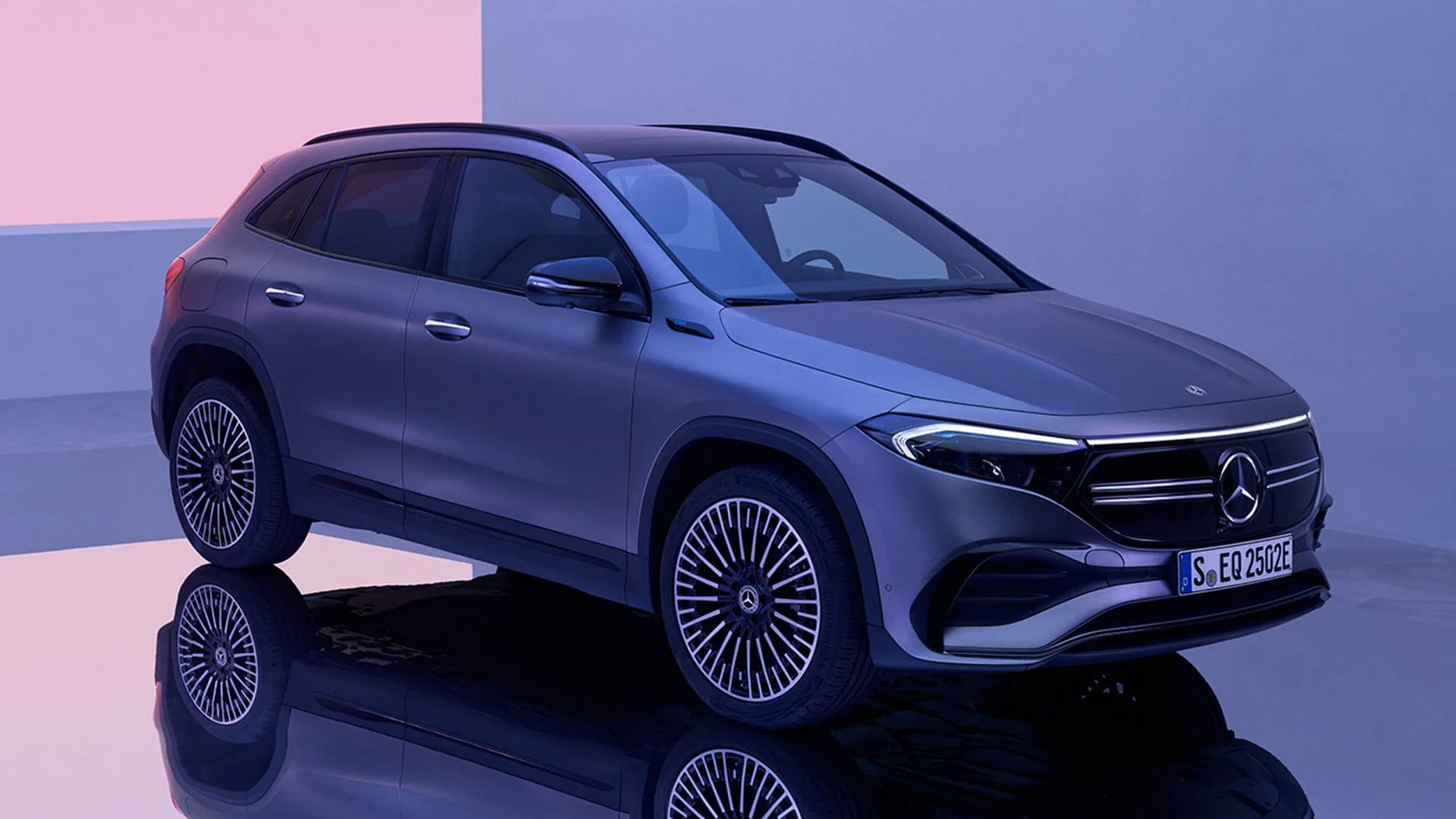Mercedes-Benz: "E-cars must become part of the energy grid"
In an interview, Mercedes-Benz Board Member for Development Markus Schäfer spoke at length about the automaker's plan, unveiled a few weeks ago, to build a global charging network for electric cars. But the plans to advance e-mobility go much further, as Schäfer explains.
"To move e-mobility forward, it's not enough to just offer great e-cars," Schäfer says. "The customer wants a holistic experience that fits our brand," he adds. And to pick up speed on the topic of the charging experience, the manufacturer has decided to invest money. A lot of money: "In North America alone, it's a billion dollars for around 400 stations that we are investing with our energy partner MN8 by the end of 2027," explains the Mercedes board member. For the fast-charging network, 350-kW charging stations are planned, "with the option of an upgrade to 500 kW," Schäfer says.
The goal is 2000 stations worldwide with more than 10,000 charging points, he said. So the billion dollars in the U.S. should be joined by a handful of billion dollars more by the time the global charging network is fully built. The company's own involvement in the European charging network Ionity will not change anything: "We are holding on to our stake and will go along with the other shareholders in the further financing," explains Schäfer, who is "very satisfied with the development of Ionity. The already good one million charging points that Mercedes-Benz has bundled into its roaming network via contracts will also remain in place. All of this, he said, is "a good complement to the charging network of its own that is now planned."
However, Schäfer says that the company's own network will not be exclusive to Mercedes-Benz drivers. Everyone should be able to charge there. The manufacturer is deliberately looking for "premium locations," according to the development board member, where there are already catering facilities, for example, as well as restrooms. "In the U.S., we have already selected locations at high-end shopping centres," Schäfer cites as an example. In Germany, too, things are set to get underway soon, with the first charging parks scheduled to open "in the course of 2023." The manufacturer already has "an eye on the locations. We are not yet communicating the exact locations because there is a run on the best places by competitors," explains Schäfer.
The plan is for "covered and illuminated areas that are monitored by cameras." For the fast-charging columns, the automaker has chosen Chargepoint, "a quality provider of fast chargers," says Schäfer, who is concerned with "high availability, reliability and correct billing of the charging processes." It goes without saying that green electricity flows into the batteries at the columns. "We have had many discussions with energy producers in Europe," says the Mercedes board member in this regard.
The automaker has already gotten into energy generation itself, building its own wind turbines on its test track site in Papenburg and an offshore wind farm in the North Sea, among other projects. Supported by photovoltaic systems on factory roofs, Mercedes-Benz wants to "generate half of the energy we need in production ourselves in the medium term," explains Schäfer.
Mercedes-Benz deliberately "opted for a 360-degree approach to electromobility because in many areas there was a lack of suitable offerings," says the Board Member for Development: "We now cover everything from raw material extraction in mines to cell production and vehicle production." Other "pieces of the puzzle" are the charging network and also battery recycling.
